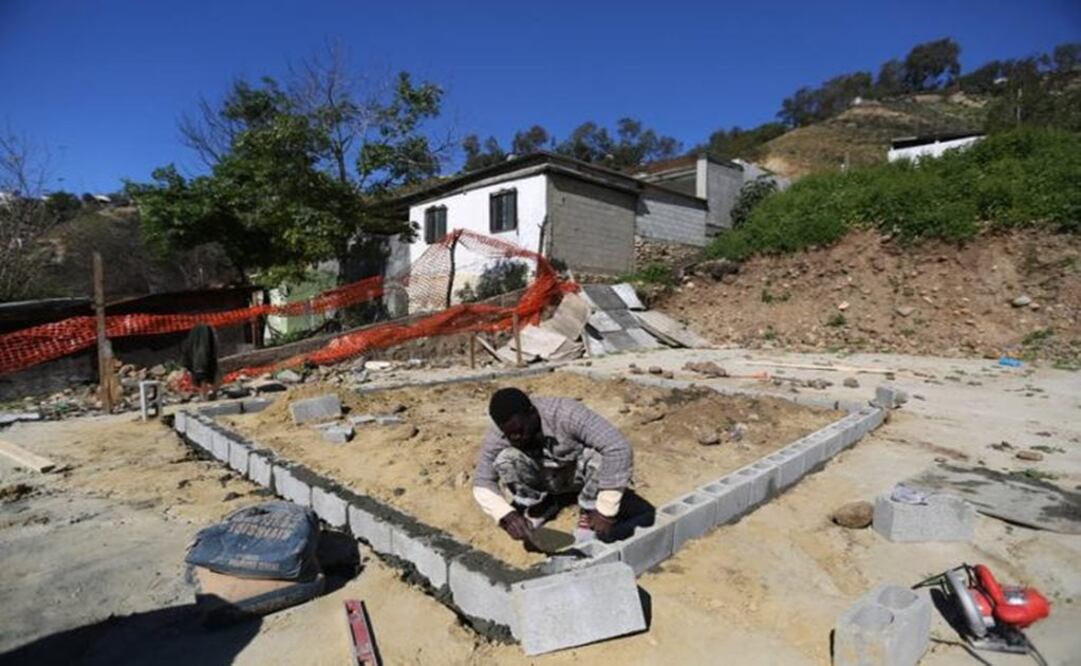Más Información

Captura de Maduro: Así es el USS Iwo Jima (LHD-7), el buque de asalto anfibio que traslada al líder venezolano a EU

EU captura a Nicolás Maduro: Así fue “Absolute Resolve”, la operación para detener al líder venezolano
Kneeling on a patch of flat earth with a shovel in hand, Thea Nonce Jean tips cement where a floor is about to be laid.
His house is the first to be built in a tiny Haitian community on the edge of Tijuana, Mexico, a city just south of the U.S. border.
"There's room for around 100 families on these plots, that means around 400 people. They can't keep living in the shelters," said Gustavo Banda, a local pastor who gave up the land for the construction of the settlement.
Jean, a 32-year-old Haitian stranded thousands of miles from home after hopes of asylum in the United States faded last year, is one of hundreds from the poor Caribbean nation now seeking to make a life in Tijuana.
"Our country has hit rock bottom," said Jean, part of a steady stream of Haitians leaving the island since a devastating earthquake struck in 2010, killing around 200,000 people. "Now we've decided to stay in Tijuana."
Paying thousands of dollars to human traffickers and crossing up to seven countries, Jean's American dream ended when the United States decided to deport all who tried to enter illegally.
"When we heard the news it was very sad. We thought the decision would be temporary, but it wasn't," said Jean, who is building a wooden house for himself and his wife. "Now we have no money, nothing at home and we have to find a place to live."
Some 3,500 Haitians are now in the border cities of Tijuana and Mexicali, according to Mexican government data.
Amid the hammering of tools and the swell of songs from their homeland, dozens of Haitians are working to build the "Haitian Villa" in the Cañón de Alacrán (Scorpion's Canyon) on the western flank of Tijuana.
Some of them who were interviewed by Reuters said they were waiting to hear from Mexico's National Migration Institute (INM) to see if they would be allowed to stay and work in Mexico.
The institute told Reuters that "legalization for migrants is not immediate, and there are various requirements foreigners need to fulfill."
Come what may, the Haitians are not looking back.
Noticias según tus intereses
[Publicidad]
[Publicidad]












